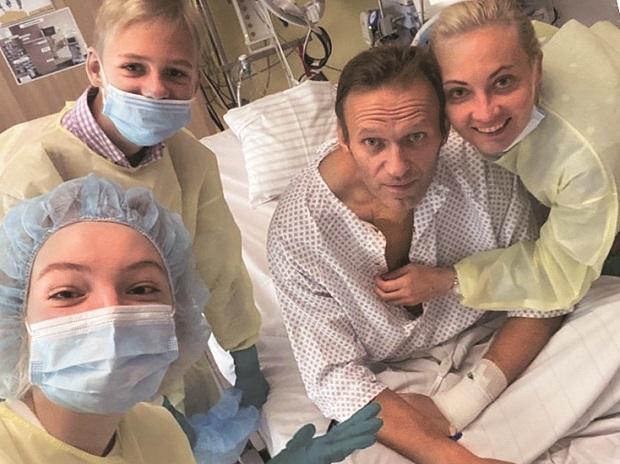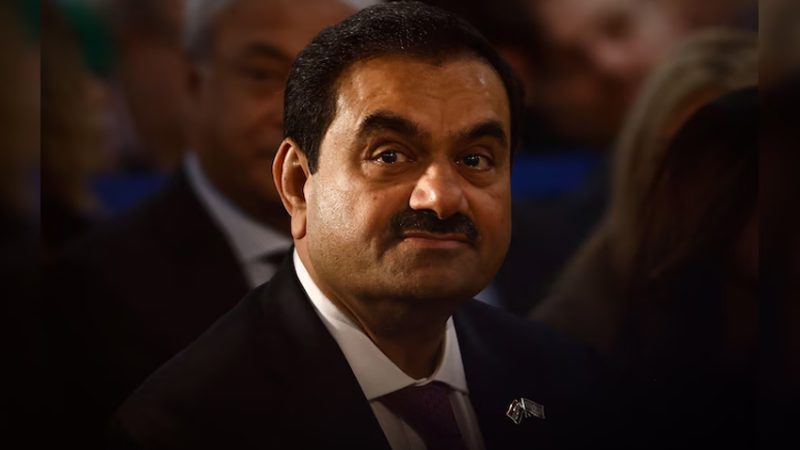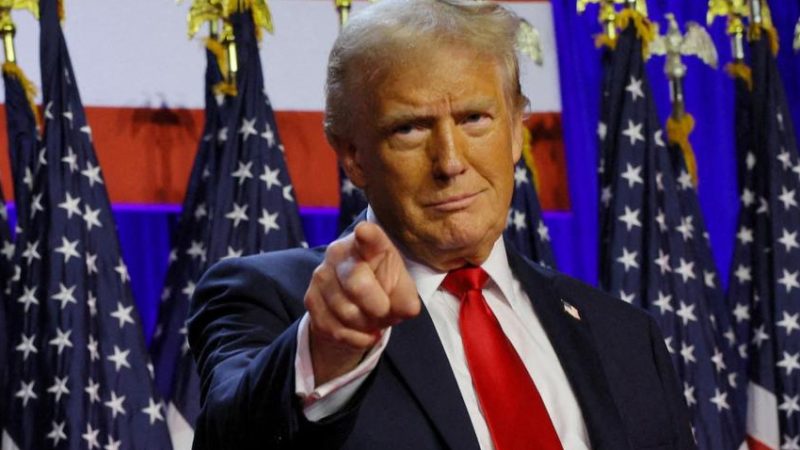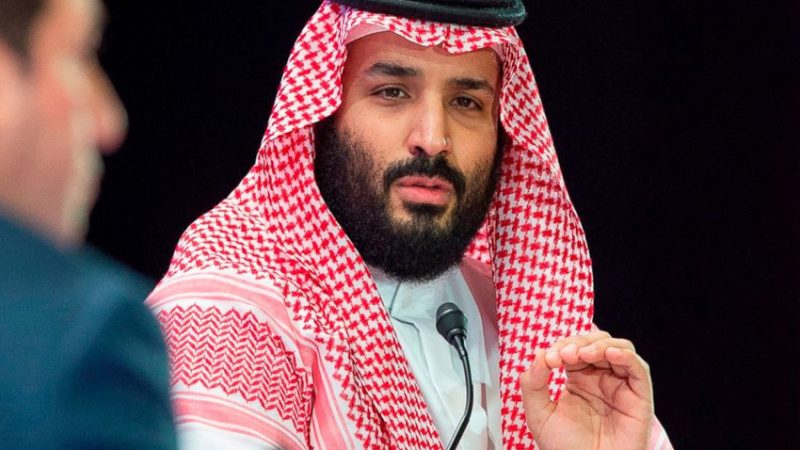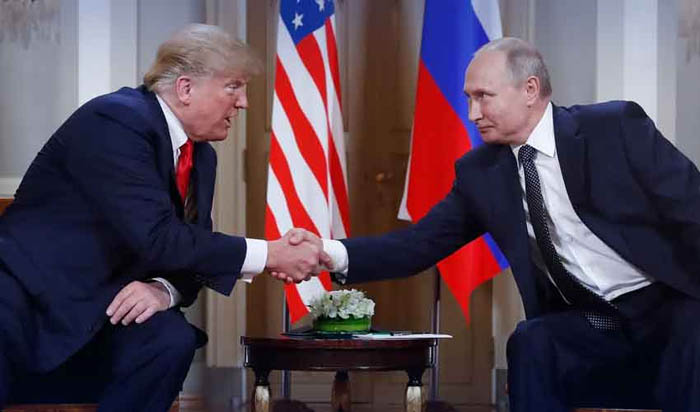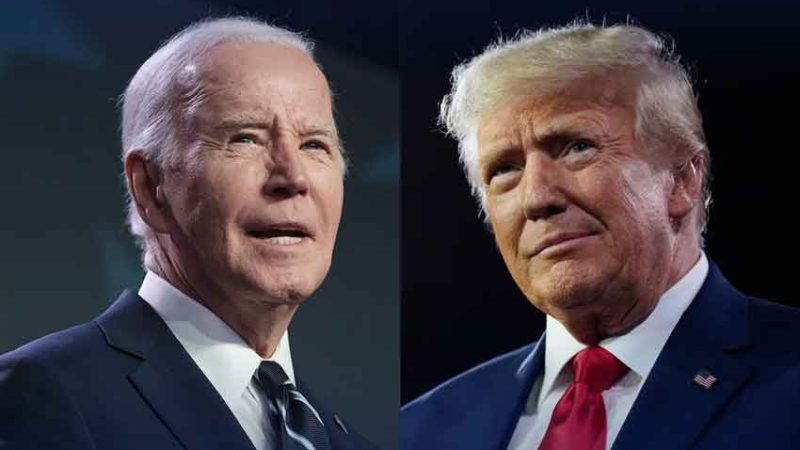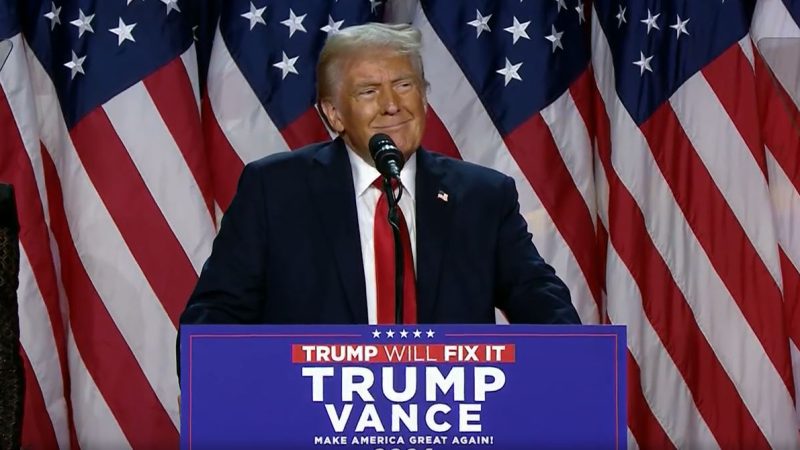Vladimir Putin’s highest profile critic, Alexei Navalny, is being transferred to hospital, amid fears he could be on the brink of death.
The 44-year-old opposition leader has been on hunger strike in prison since March 31, with doctors warning he could “die at any moment”.
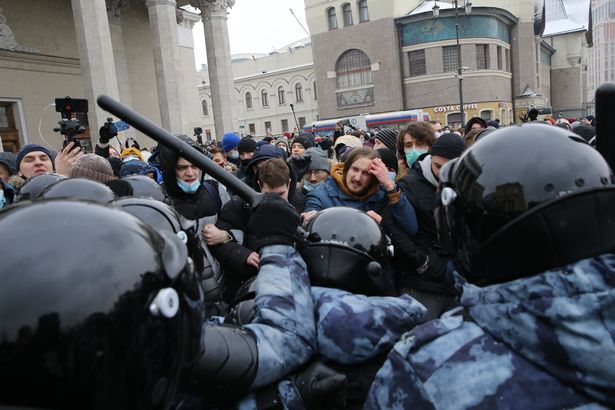
Navalny last year survived being poisoned with Novichock, pointing the finger of blame at the Kremlin – an allegation supported by US intelligence networks.
Russia is under mounting international pressure, with the US saying it will be “held accountable” if he dies.
Putin is already embroiled in a diplomatic crisis over the build-up of troops on the border with Ukraine, with US warships deployed to the Black Sea amid fears of war in Europe.
Navalny’s doctor, Yaroslav Ashikhmin, yesterday warned on Facebook: “Our patient could die at any moment.”
He said he and Anastasiya Vasilyeva, head of the Alliance of Doctors union, were refused entry to the prison in Pokrov where Navalny is being kept.
Yesterday US US national security adviser Jake Sullivan warned there would be “consequences if Mr Navalny dies”, telling CNN that Russia would be “held accountable by the international community”.
Navalny’s allies said at the weekend his life was hanging by a thread, and announced plans for what they hope will be the largest protests in modern Russian history on Wednesday.
Navalny has said prison authorities are threatening to put him in a straitjacket to force-feed him.
The EU’s top diplomat, Josep Borrell, said: “We make the Russian authorities responsible for the health situation of Mr Navalny.”
Manfred Weber, who lead’s the European Parliament’s biggest grouping, the European People’s Party, said: “Act now, or the blood of Mr Navalny will forever be on your hands.”
Russian authorities accuse him of exaggerating his medical condition to grab attention, and of refusing prison medical care.
They have pledged to ensure he survives.
Navalny travelled to Germany last August for treatment after being poisoned by a nerve agent in an attack he blamed on Putin.
The Kremlin has said it has seen no evidence he was poisoned and has denied any Russian role if he was.
He was arrested in January when he returned to Russia and jailed for two-and-a-half years in February for parole violations he said were fabricated.
Related


